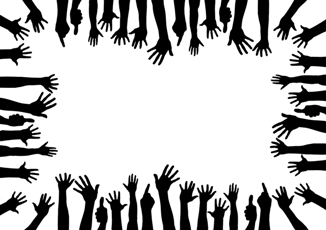The month of June has been the golden age for all things CLD. With new commitments made between international banks as well as organizations redesigning their commitments with each other
Beginning with the Women’s Foreign Policy meeting there was a debrief on the multitude of changes that need to be addressed in the development world. One of them being a humanitarian issue and how organizations can better manage their appeal processes by reducing the amount of funding dedicated to appeals. The countries that are receiving the most aid appeal money have several conflict induced areas,which usually stay in conflict for a longer period of time than the duration of appeal money they receive. Refugees are also a major aspect of the humanitarian issue because they tend to depend on the aid for up to 17 years. Refugees who are not included in the area they currently inhabit which make it difficult for them to find the proper jobs or receive the proper education. There becomes a level of dependability on the money, a reality that comes with the issue of refugees and dislocated peoples. The more reasonable solution would be to change the way we approach crisis response issues and determine a way to approach it from the roots. One avenue is to take action domestically, like the US government providing 1 million jobs for refugees ,as well as providing education for their children, and a secure life(“Women’s Foreign Policy”).
From a development perspective, there was an issue on figuring out a way in which organizations can tackle vulnerability amongst smaller communities in aid receiving countries . The vulnerable people in this situation are women and children which can be difficult in determining a way to make them more included in the community leadership. Women are the backbone of all of these communities, and excluding them from any decision process to “better the community” would be a disservice to the people.
The World Bank’s IDA briefing discussed more ways to proportionally distribute money, support, and time to refugees and also took time to highlight the the small organizations that are doing the best they can to sustain these under-developed communities. IDA 16-18 were used as guides as well as standards to uphold for the upcoming changes to be made.
The biggest concern is deciding how we now more diligently and strategically approach crisis response, especially during a time with an increasing number of individuals seeking refuge. With this issue also comes a need of major increase of resources in the countries that are considered more at risk. In most of these communities, there is a disparity within the local government being able to provide the proper necessities in these states
One way to improve these situations would be to improve inclusivity. By providing the option for women to have jobs in different fields it can support the process of closing the gender gap. This will provide a stable foundation for generations to follow and eventually change
gender strategy. Which means that the goal will be to close the generation gap on women who didn’t have the opportunity to get the proper education that their children would hopefully be able to have.


